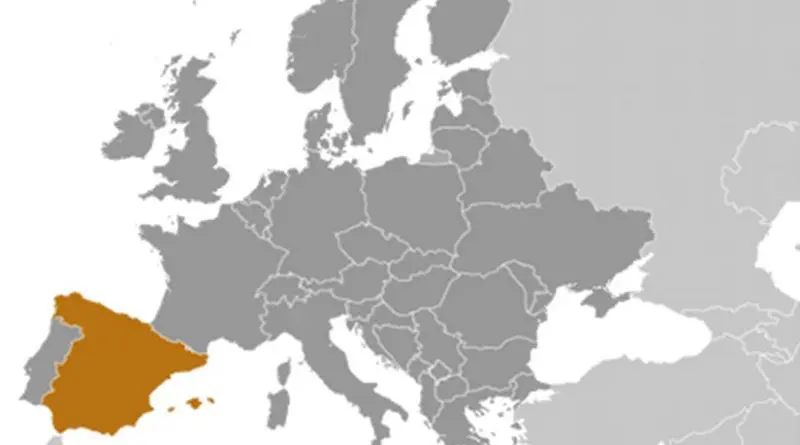Jihadists From Spain In Syria: Facts And Figures – Analysis
By Fernando Reinares and Carola García-Calvo
How many identified individuals, resident in Spain, have travelled to join the Jihadist organisations active in the ongoing Syrian civil war? Up to the present, the exact number is 17. Of these, 11 are Spanish citizens and the remaining six Moroccan nationals living in Spain[1]. Most of the Spaniards are from the city of Ceuta, an enclave in North Africa across the Straits of Gibraltar surrounded by Moroccan territory and with a population of nearly 85,000, of which around 37% are native Muslims. The Spaniards from Ceuta, who moved to Syria starting in April 2012, are of the latter social segment. The Moroccans resident in Spain lived not only in Ceuta but also in the peninsular cities of Girona and Málaga. All of them are male, aged between 16 and 49 –most of them between their mid-20s and early 30s– and usually married.
Except for three, or perhaps four cases, none of the others had any significant Jihadist track-record predating the current Syrian conflict. At least two of them, however, were already taking part in the Jihadist proselytising meetings that had been held regularly since 2008 in Ceuta and a municipality in the southern province of Cádiz. However, the one truly important exception is the Syrian-born Mouhannad Almallah Dabas, a naturalised Spaniard and former member of the al-Qaeda cell established in Spain in the mid-1990s, which was led by Abu Dahdah since 1995 until its dismantling in November 2001. Almallah Dabas was indicted in the 2004 Madrid train-bombings case and first convicted at the National Court but later absolved by a Supreme Court ruling. He then went to Syria, to be in charge of the logistic activities of Jabhat al Nusra (JN), in the company of a teenage son.
It is the Jihadist organisations Jabhat al Nusra and the Islamic State of Iraq and Syria (ISIS), both strongly linked to central al-Qaeda, and to a lesser extent Harakat Sham al-Islam, that have incorporated these individuals. Before becoming members of entities such as these, those who lacked Jihadist experience underwent an intense process of radicalisation through open-air activities, including physical training, and closed-door gatherings in Islamic places of worship in Ceuta or nearby localities across the border in Morocco, particularly Castillejos. Two or three radicalisation and recruiting agents operated on the Spanish side of a hierarchical cross-border network. Recruitment was encouraged through economic incentives to help the families of those recruited. Money for this purpose derived from a mixture of donations, collections and illegal trafficking.
The route for those departing from Ceuta included travelling by ferry to Algeciras, in the province of Cádiz, and then by plane, from Málaga or alternatively Madrid, to Istanbul. Once in Turkey, another flight would take them to the frontier province of Hatay, where facilitators belonging to any of the Jihadist organisations mentioned above would insert them in Syria. In one or two cases the Istanbul flight was boarded in Casablanca. Once in Syria, recruits moved to training camps. Afterwards, some were incorporated to terrorist cells while others –no less than three cases are known– were assigned suicide missions. In addition to these Jihadists, around 25 other residents of Spain have travelled to Syria affiliated with the Free Syrian Army (FSA), but circumstances may lead them to transfer their loyalty and to support –and become involved in– al-Qaeda-linked entities.
Fernando Reinares is Senior Analyst on International Terrorism at Elcano Royal Institute | @F_Reinares
Carola García-Calvo is Research Assistant at Elcano Royal Institute | @carolagc13
[1] The evidence contained in this comment was obtained after consultation with leading counterterrorism officials from Spain’s Fuerzas y Cuerpos de Seguridad del Estado (FCSE) and Centro Nacional de Coordinación Antiterrorista (CNCA), to which both authors, on behalf of the Elcano Royal Institute, would like to express their gratitude.
This article was published by Elcano Royal Institute and may be accessed here.

